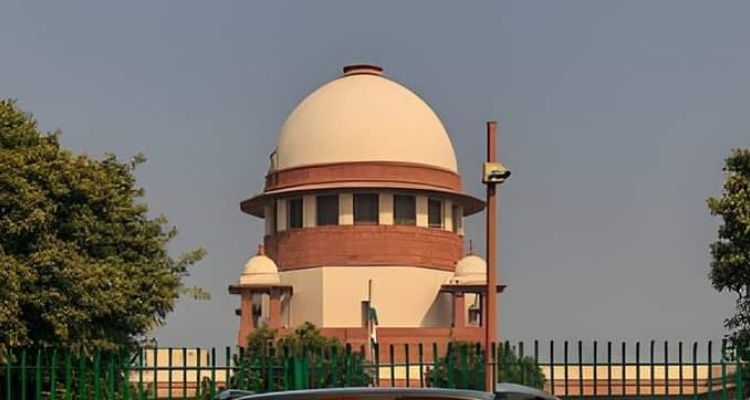
The Supreme Court has made a landmark ruling, emphasizing that the “right to live with dignity extends even to incarcerated individuals.”
The bench, consisting of Chief Justice D.Y. Chandrachud and Justices J.B. Pardiwala and Manoj Misra, condemned caste-based discrimination within prison systems and deemed certain outdated prison manual rules from ten states, including Uttar Pradesh and West Bengal, as unconstitutional.
In a comprehensive 148-page judgment, the court examined fundamental rights under Articles 14 (equality), 15 (prohibition of discrimination), 17 (abolition of untouchability), 21 (right to life and personal liberty), and 23 (right against forced labor) of the Indian Constitution. The judgment emphasized that denying dignity to prisoners is a relic of colonialism and oppressive systems designed to dehumanize individuals under state control.
Focusing on Article 21, the court stated, “The right to live with dignity extends even to the incarcerated,” highlighting that prisons should not be tools of domination. The judgment acknowledged that even prisoners are entitled to dignity and respect, reflecting a significant shift in the legal landscape following the adoption of the Constitution.
Regarding Article 14, the court underscored the principle of equality before the law, asserting that classification must serve a reasonable purpose and not be applied rigidly. The court reiterated that the state must prevent discrimination rather than perpetuate it, reinforcing that any form of state-sanctioned discrimination is unacceptable.
On Article 15, which prohibits discrimination based on caste, race, and religion, the judgment stated that discrimination by the state represents “the highest form” of injustice. It highlighted the harmful effects of discrimination on individuals, which can lead to diminished self-esteem, violence, and lifelong trauma.
The court noted that discrimination often stems from feelings of superiority or inferiority and has historically resulted in atrocities against marginalized communities. It asserted that the legal framework must evolve to eliminate discriminatory laws enacted prior to the Constitution’s establishment.
Addressing Article 17, which abolishes untouchability, the court affirmed that this practice is forbidden in all forms. It stated that everyone is born equal and emphasized that the Constitution aims to uphold the equality and dignity of all citizens.
The ruling clarified that the right to life under Article 21 is not limited to mere survival but encompasses a broader understanding of living with dignity, which is integral to human existence. The court affirmed that dignity is a constitutional value and essential to the rights of all individuals, including prisoners.
Lastly, the judgment discussed Article 23, which prohibits forced labor and human trafficking, cautioning that discriminatory prison practices implicate the state in perpetuating offenses.
The court highlighted that forcing individuals of higher caste to perform certain trades could be considered a disgrace, further compounding the issue of caste-based discrimination.
This landmark ruling not only protects the rights of prisoners but also serves as a reminder of the need to eradicate discriminatory practices from all facets of society.




